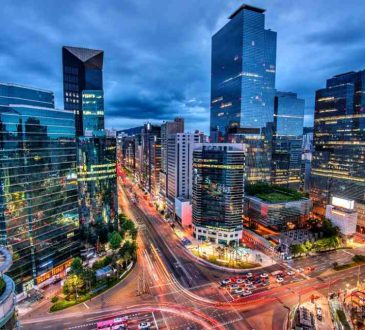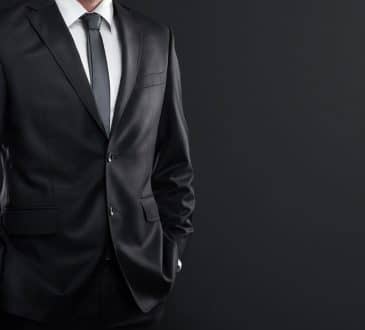The Billionaire Classes: Innovators And Inheritors

While the billionaire population is a small part of the business community, Billionaires are different from each other in many ways for eg: Innovator Billionaires and Inheritor Billionaires.
What is very noticeable about the 10 richest billionaires is that they are mostly innovators, including Jeff Bezos ($146.9 billion), Bill Gates ($106.5 billion), Mark Zuckerberg ($86.5 billion), Larry Ellison ($66.4 billion), Steve Ballmer ($65.4 billion), Larry Page ($63.6 billion), Sergey Brin ($61.3 billion), founded their own technology businesses.
By contrast, many of the richest billionaires are dynastic heirs, they are from the inheritor class, who have won the lottery of life by being born into established industrial, retail, and property empire. Among the top 10, Jim Walton ($55.2 billion), Alice Walton ($55 billion), Rob Walton ($54.8 billion), Francoise Bettencourt Meyers ($54.5 billion), Charles Koch ($46.5 billion), Julia Koch ($46.5 billion).
A Peterson Institute study of 20 years of data drawn from the Forbes World’s Billionaires List, found that globally, wealth is increasingly self-made. There is somewhat less dynamism in the other advanced economies, especially Europe, where fortunes are older and aging over time. The United States is relatively more dynamic.
In Europe, inherited wealth still makes up the majority of billionaire wealth, while the growth in US billionaires has been driven by self-made wealth.
Determining the extent to which wealth is inherited or self-made is challenging since some billionaires inherited a vast fortune already worth billions when they made it on the richest list, while others built up a smaller company into a billion-dollar one.
Wealth is considered inherited if a billionaire is a relative (sibling, child, spouse, etc.) of the founder of the company from which the primary source of wealth is derived. Wealth is classified as “self-made” either when the individual listed as the founder of the company, or when their source of wealth is a result of their position at a particular company. In parent-child, sibling, and husband-wife partnerships, both members are considered to be self-made if both members of the partnership were involved in the founding.
Have you read?
Best Countries For Business In Europe For Non-European Investors.
World’s Best Countries For Business Expats.
World’s Most Fashionable Countries.
World’s Most Forested Countries.
World’s Most Trendiest Countries.
Add CEOWORLD magazine to your Google News feed.
Follow CEOWORLD magazine headlines on: Google News, LinkedIn, Twitter, and Facebook.
This report/news/ranking/statistics has been prepared only for general guidance on matters of interest and does not constitute professional advice. You should not act upon the information contained in this publication without obtaining specific professional advice. No representation or warranty (express or implied) is given as to the accuracy or completeness of the information contained in this publication, and, to the extent permitted by law, CEOWORLD magazine does not accept or assume any liability, responsibility or duty of care for any consequences of you or anyone else acting, or refraining to act, in reliance on the information contained in this publication or for any decision based on it.
Copyright 2024 The CEOWORLD magazine. All rights reserved. This material (and any extract from it) must not be copied, redistributed or placed on any website, without CEOWORLD magazine' prior written consent. For media queries, please contact: info@ceoworld.biz
SUBSCRIBE NEWSLETTER








